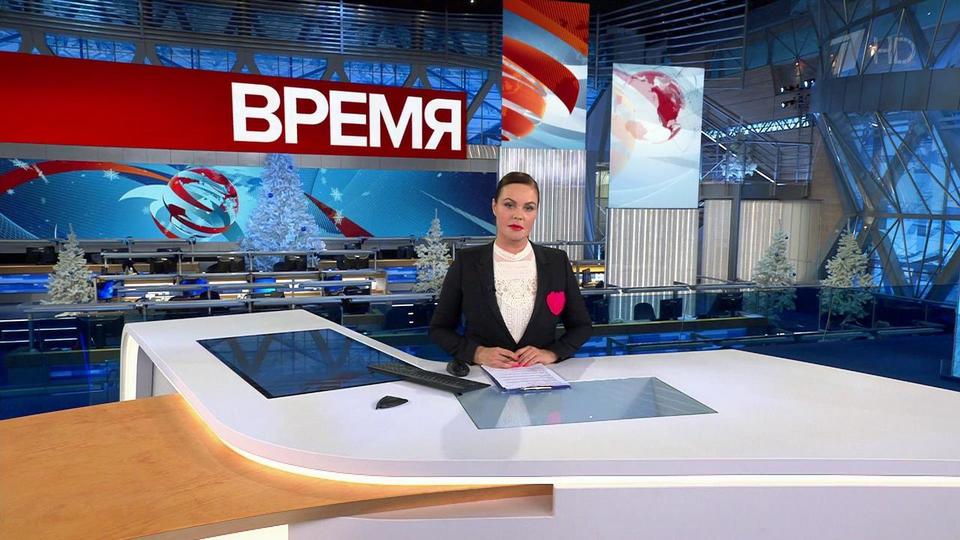Parental control is key to avoid fake news, grooming, inappropriate content and even cyber attacks and data theft when this segment uses the network.
The Internet is the preferred digital medium for children and adolescents. It is their entertainment space, the meeting point with their friends and now, with the pandemic, it has also become the classroom and a key resource in their learning and personal development processes.
However, this age segment is particularly susceptible to risks related to accessing inappropriate and violent content, fake news, grooming, abusive interactions, cyberbullying, and even cyber attacks and data theft.
In fact, the “Digital Radiography” survey, which surveyed 5,500 children between the ages of 10 and 13 in 2019, revealed that 54% of them confess to having played online with strangers, 38% have found inappropriate, false or rude content in social networks, 35% say that they have run out of time to do other activities due to spending a lot of time online, and 28% state that they have seen how others are cyberbullying.
Facing this problem, setting rules, explaining the reasons for the limits, knowing the games they use and teaching self-care online, are responsibilities that fall on parents, says Walter Kühne, clinical psychologist and member of the Chilean Society of Psychology Clinic (SCPC), adding that it is relevant to ask questions and answer them as a family: At what age to start interacting with the Internet? How many hours of screen per day can you afford? Up to what age should children share their keys with their parents?
In this regard, the Minister of the Interior and Public Security, Rodrigo Delgado, emphasizes that “education and the family are key to protecting children from Internet threats”, noting that for this it is necessary for adults to remember that not all technologies, games or applications “are considered for all ages”.
For this reason, it is essential to use parental control tools, says Carmen Gloria Cárcamo, Deputy Manager of Trends and Projects at Entel. This is something that ensures that children can access appropriate content for them, “with appropriate use of time on the network, in addition to having a record of the activities they carry out on their mobile devices or streaming platforms. The configuration secure and private helps to dose the content of applications and websites, “he warns.
Educate and guide
Now, in the middle of a year where technologies have been protagonists, the Ministry of the Interior, through the Computer Security Incident Response Team (CSIRT), promoted different educational campaigns on cybersecurity, with a close language. “There have been campaigns to warn about the risks of sexting, surfing the Internet and we even launched two stories for children about cyberbullying”, says Minister Delgado, adding that new threats that may appear are being monitored together with the police ” and defining the ways to combat them. “
Likewise, the Undersecretary of Telecommunications, Pamela Gidi, says that since last year the Government has promoted the “Digital Awareness” campaign, “which seeks to provide tools to keep citizens informed about various threats or risks that exist in the online world. “, adding that, along these lines, Subtel has carried out campaigns to generate digital awareness in children and young people.
Along these lines, Entel and the CSIRT formed an alliance to “educate and guide children and young people in the online world through strategies that specifically support parents under parental mediation,” explains Carmen Gloria Cárcamo. Content that can be accessed through www.entel.cl/controlparental.
In his opinion, there is still a “long way” to go on this issue, but “we are on a good footing to continue strengthening this important challenge between public and private.”
Accompaniment is key
Walter Kühne, from the Chilean Society of Clinical Psychology (SCPC), observes that another risk that children face is “losing” direct contact with people and the world. Undersecretary Pamela Gidi agrees, noting that there must be a “balance between digital and analog activities, especially now on vacation, something that can only be applied by parents or legal guardians.”
In this sense, the CSIRT and the Ministry of Education developed the “Parental Mediation Cyberguide” to promote the accompaniment of children and young people in the use of digital tools and that they can better recognize and manage risks in the online world.
In the guide, there are recommendations for parents, depending on the age of the children:
– 0 to 2 years: avoid having contact with screens.
– 3 to 5 years: connect them sporadically, short periods, selecting content and always accompanied.
– 6 to 9 years: begin to limit the connection and be with them to know what they do on the Internet and teach them to identify and search for suitable content.
– 10 to 13 years: continue to monitor the content; know with whom and with what activity they interact.
– More than 14 years: reinforce what has been learned, promoting positive content in the educational and leisure field.
54%
of children between 10 and 13 years old admit to having played online with strangers, according to Digital Radiography survey
38%
found inappropriate content
28%
have seen how others suffer from cyberbullying
<!–


